
Maximizing Your Vegetable Garden in Massachusetts
Published: 15/02/2024 | Updated: 30/04/2024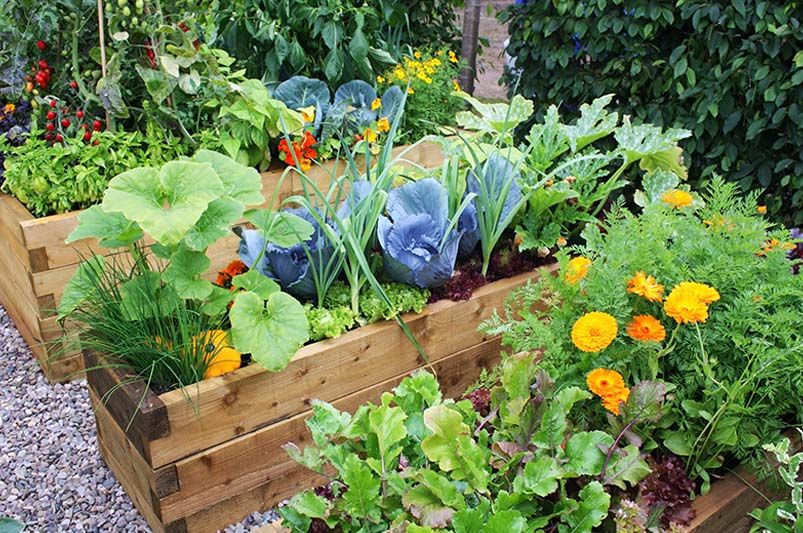
Embarking on a vegetable gardening journey in Massachusetts opens a world of possibilities, where the rich soil and diverse climate offer ample opportunities to cultivate a bountiful harvest. Whether you're a seasoned gardener or a novice enthusiast, harnessing the potential of your backyard plot can yield a cornucopia of fresh produce to nourish your family and delight your taste buds.


This article is part of our weekly blog series, available for exploration at Shrubhub's blog. Discover pro tips, recommendations, and budget-friendly ideas on landscaping, complete yard renovations, and garden maintenance from our talented design experts.
Join us as we explore the art and science of vegetable gardening in Massachusetts, and let's dig in to create a garden oasis that nourishes the body and soul.

Understanding the Massachusetts Climate and Growing Season
In Massachusetts, the climate varies from coastal regions to inland areas, influencing the growing conditions for vegetables across the state. Understanding the local climate and frost dates is crucial for planning and timing your garden activities effectively.
The frost dates typically range from late April to early May in spring and from late September to early October in fall. These dates mark the beginning and end of the growing season, delineating the window of opportunity for planting and harvesting your vegetable garden.
Before planting, it's essential to assess your soil conditions and amend them as needed. Massachusetts soils vary widely, from sandy loam to clay, with varying levels of organic matter. Incorporating organic matter such as compost or aged manure can improve soil structure, fertility, and water retention, creating an optimal environment for healthy plant growth.
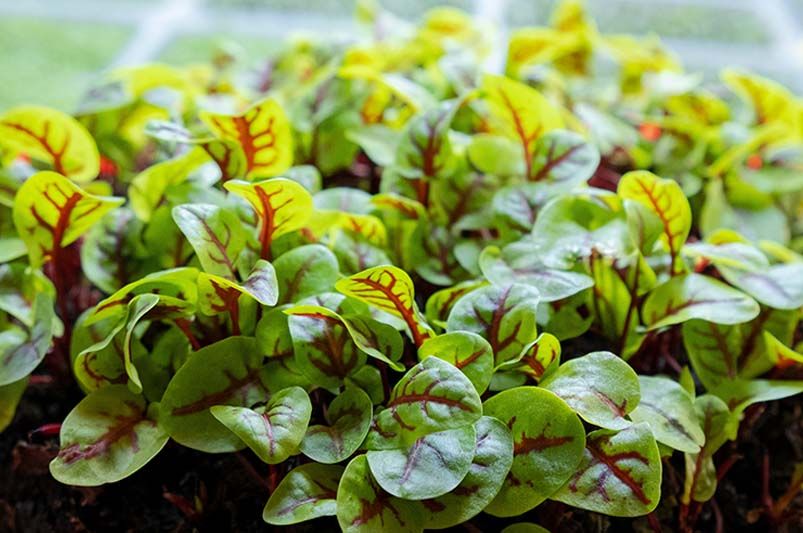
Planning Your Vegetable Garden
Start planning your vegetable garden by selecting suitable vegetables for the Massachusetts climate and considering your family's preferences and dietary needs. Cool-season crops like lettuce, kale, peas, and broccoli thrive in the early spring and fall, while warm-season crops like tomatoes, peppers, cucumbers, and eggplants flourish in the heat of summer.
Choose plant varieties adapted to the region's growing conditions, paying attention to factors such as disease resistance, yield, and flavor. Whether you start seeds indoors or purchase transplants from a local nursery, ensure that your seedlings are hardened off and acclimated to outdoor conditions before planting them in the garden.
Design your garden layout to optimize space and sunlight, grouping plants with similar water and sunlight requirements together. Consider companion planting strategies to maximize yields and deter pests, such as planting basil near tomatoes to improve flavor and repel insects.
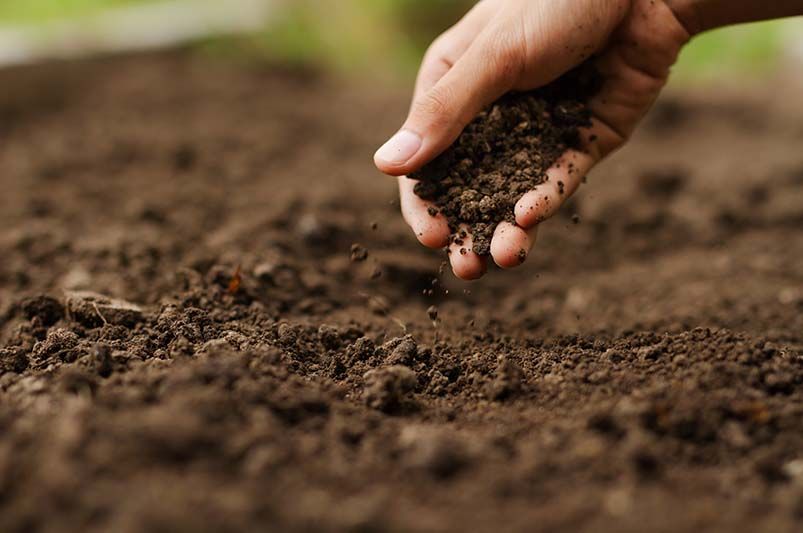
Preparing the Soil and Planting
Prepare your garden beds by loosening the soil and incorporating organic matter to improve fertility and drainage. Aim for a fine, crumbly texture that allows roots to penetrate easily and water to infiltrate evenly throughout the soil profile.
When planting seeds or transplants, follow spacing recommendations provided on seed packets or plant labels to ensure adequate room for growth. Plant cool-season crops like lettuce, kale, and peas as soon as the soil can be worked in early spring, and wait until after the last frost date to plant warm-season crops like tomatoes, peppers, and eggplants.
Water newly planted seedlings thoroughly and keep the soil consistently moist but not waterlogged. Mulch around plants to conserve moisture, suppress weeds, and regulate soil temperature, especially during hot summer months.
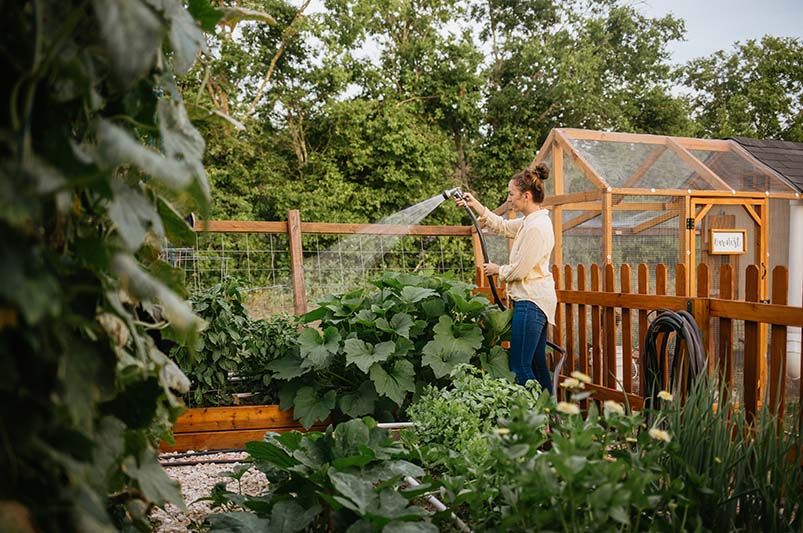
Care and Maintenance Throughout the Growing Season
-
Watering and Fertilizing
-
Consistent moisture, avoiding waterlogging
-
Organic fertilizers like compost or aged manure
-
-
Pest and Disease Management
-
Regular monitoring for signs of pests and diseases
-
Organic pest control methods such as handpicking and insecticidal soap
-
-
Pruning and Supporting Plants
-
Improving air circulation and reducing disease pressure
-
Staking tall plants to prevent toppling
-
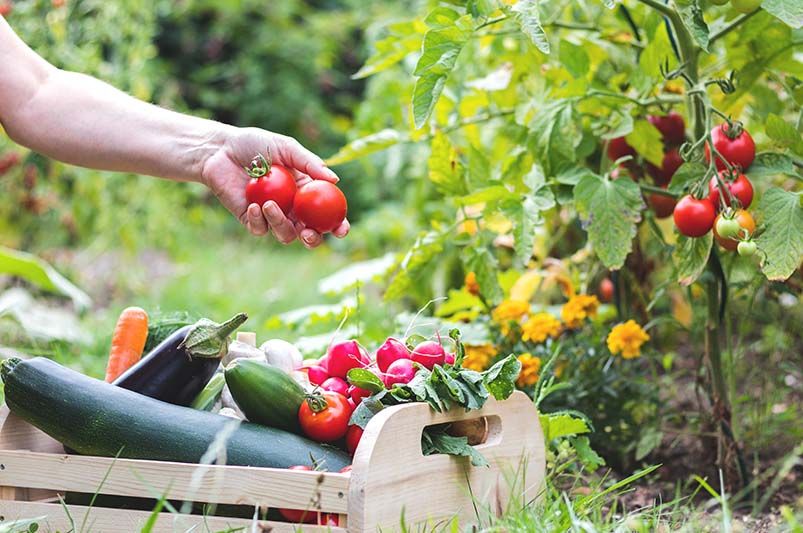
Harvesting and Enjoying Your Garden Bounty
As your vegetable garden matures, harvest produce regularly to encourage continued flowering and fruiting and prevent plants from becoming overcrowded. Harvest cool-season crops like lettuce and kale when they reach the desired size, picking outer leaves first to encourage new growth.
For warm-season crops like tomatoes, peppers, and cucumbers, harvest fruits when they reach peak ripeness for the best flavor and texture. Use scissors or pruning shears to cut fruits from the plant, taking care not to damage stems or nearby foliage.
Once harvested, enjoy your garden bounty fresh or preserve it for later use through methods such as canning, freezing, or drying. Share your surplus with friends, family, or neighbors, spreading the joy of homegrown produce and fostering community connections.
Conclusion
Vegetable gardening in Massachusetts offers a rewarding and fulfilling experience for gardeners of all skill levels. By understanding the local climate and growing season, planning your garden thoughtfully, preparing the soil and planting with care, and providing ongoing maintenance and attention throughout the growing season, you can cultivate a thriving vegetable garden that nourishes your body and soul.
Join us in embracing and Creating a thriving garden with Shrubhub, and let's cultivate a greener, healthier future together, one garden at a time.


